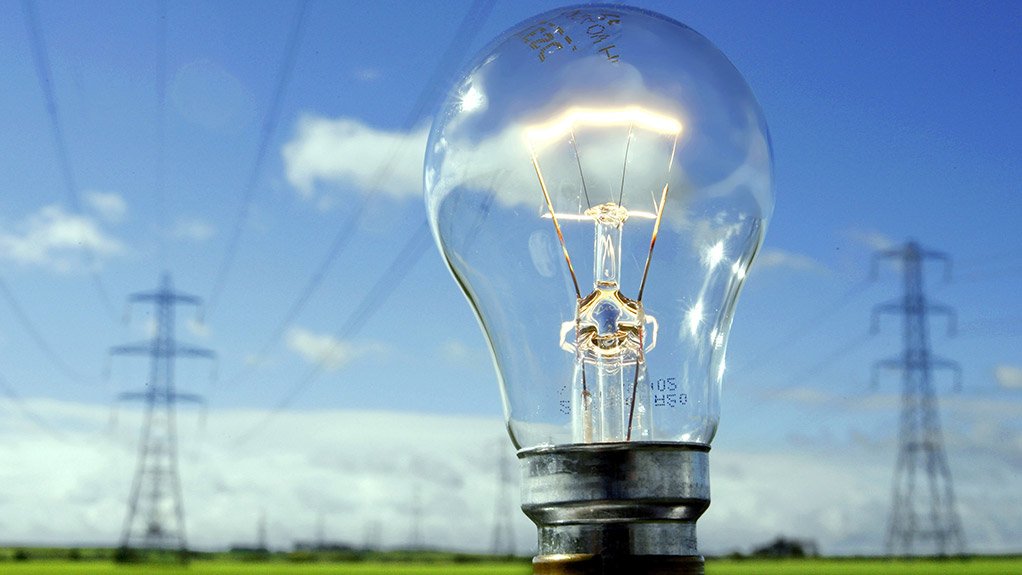As Eskom seeks approval from the National Energy Regulator of South Africa (Nersa) for a 36% electricity tariff increase, faith-based eco-justice organisation, the Southern African Faith Communities’ Environment Institute (SAFCEI), is calling for reforms to South Africa’s electricity pricing system.
SAFCEI warned that approving the hike would push many households deeper into energy poverty and said the focus should rather be on addressing Eskom’s shortcomings.
It said it also did not support Eskom’s proposed Retail Tariff Plan (RTP), which proposes far-reaching changes to the residential tariff structure that some warn could penalise households with rooftop solar, arguing that low-electricity consumers will pay a similar network fee to that of a household that uses more electricity.
“South Africa needs an electricity system that is people-centred and affordable. We support the call for a funded People’s Energy System. We further call on Nersa to respond with a clear plan for intergovernmental action to address the crises of national electricity affordability and service provision. The public needs to be educated about the costs of electricity services,” said SAFCEI’s Ntombizodidi Mapapu.
Instead, the organisation is urging Eskom to continue with the Inclining Block Tariff (IBT), noting that it protects low-income households from high electricity price increases.
It suggested that fixed electricity charges should not follow a “one-size-fits-all” approach and added that tariff restructuring should be done in line with South Africa’s transition to sustainable and secure energy.
Meanwhile, faith leaders and some of the beneficiaries of the Rural Action for Climate Resilience project have raised concerns with SAFCEI about Eskom’s revised electricity tariff plan, particularly its impact on vulnerable households.
Many fear that the changes will exacerbate energy poverty, with low-energy users and small households bearing the brunt of rising costs, while arguing that removing subsidies, such as the IBT, and implementing uniform price hikes could make electricity unaffordable for poorer consumers, pushing them to resort to dangerous alternatives.
Concerns are that in rural areas, families are already returning to firewood for cooking and heating, which not only contributes to environmental degradation but also poses serious health risks.
The rising electricity costs have also begun to affect essential services, such as healthcare. In some areas, power outages are disrupting access to water and medical supplies, including oxygen, making it difficult for patients to receive proper care.
Additionally, the lack of transparency about peak electricity hours has left many consumers without the tools they need to manage their energy use effectively. With the cost of living continuing to rise, many are questioning whether the new tariff plan will deepen the socioeconomic divide, leaving the most vulnerable communities with fewer options to meet their basic needs.
Auditing consultancy company Green Audits owner Kim Kruyshaar believes that Eskom’s tariff increase application and proposed RTP restructuring means that the utility is no longer able to provide affordable electricity.
“Instead of more price restructuring, we need a complete review of the role of Eskom. Who should Eskom be serving as a priority and how should Eskom be funded? The current approach of unaffordable electricity and new tariff models is a distraction from developing a new energy supply model for South Africa that includes a viable Eskom,” she said.
EMAIL THIS ARTICLE SAVE THIS ARTICLE ARTICLE ENQUIRY FEEDBACK
To subscribe email subscriptions@creamermedia.co.za or click here
To advertise email advertising@creamermedia.co.za or click here











